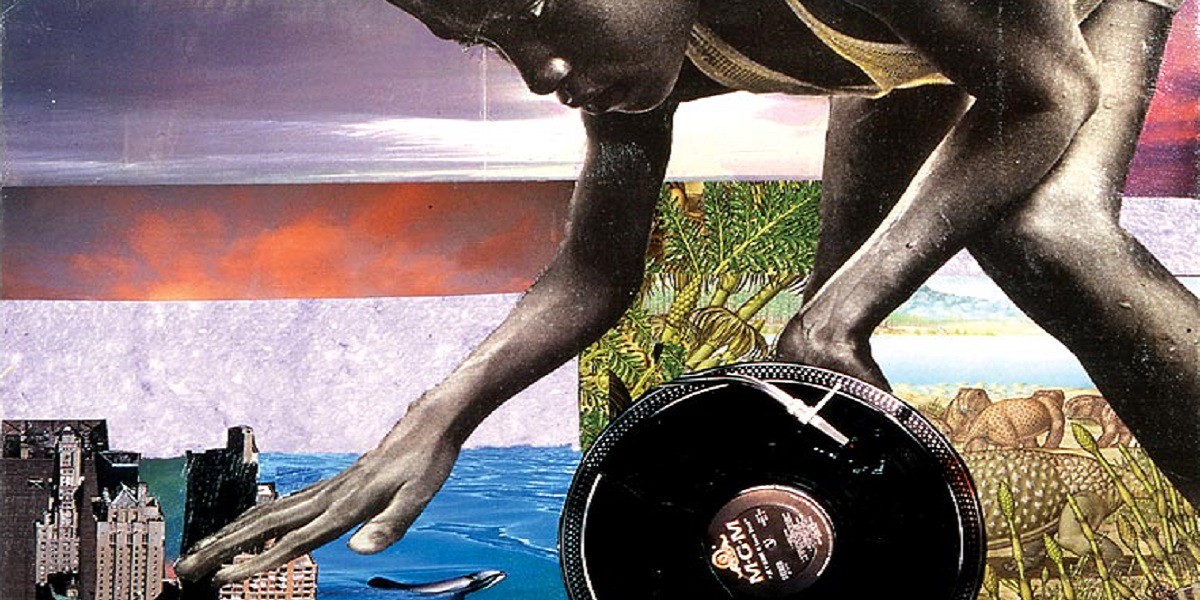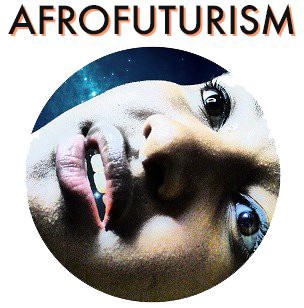
Sun Ra and George Clinton might be the big names in Afrofuturist music, but there’s so much more to hear. From Janelle Monae to THEESatisfaction, Afrofuturist music has always been about taking listeners to places where the social, the political, and the technological coexist as one.
Whether reimagining the black past by remixing orishas, ankhs, and spaceships from Saturn, or looking ahead to a world where cyborgs travel through time to fight against repressive forces in society (and dropping revolutionary beats to capture the hearts of fellow rebels), the “sonic fiction” of Afrofuturist music is a key part of understanding how we create new worlds and new futures through an act of protest against regressive social forces and celebration of the socio-technological potential of black people.
Sun Ra
Jazz musician Sun Ra is, in many ways, the grandfather and originator of Afrofuturist music. He was a key contributor to the aesthetic, using speculative imagery, science fiction, and ancient Egyptian motifs to reimagine his personal narrative as a black man in 20th-century America.
Still going strong, the original Arkestra–Sun Ra’s band–tours around the world playing its original mix of futuristic jazz.
Zapp & Roger
Funk act Zapp & Roger is a great example of how black music has always been infused with futurism–whether you see it in the way it gets made, how it pushes musical technology to its limits in the studio, or in the very sounds it produces (as in this track, appropriately called “Computer Love”).
Afrika Bambaataa
I first encountered Afrika Bambaataa, one of the most important figures in early hip-hop, as a theorist and writer–before listening to his music.
From Bambaataa’s tunes to his advocacy for social justice and black pride (through his gang, the Universal Zulu Nation), his influence on contemporary culture–African-American or otherwise–is enormous.
Erykah Badu
In her life and her work, the always provocative Erykah Badu draws inspiration from African culture and memory to inform her practice as an African-American artist. In the video for “‘Didn’t Cha Know’, she traverses a post-apocalyptic wasteland, decked out in recycled regalia.
Janelle Monae
Janelle Monae, the cyborg lady herself, has captivated a new generation with her remixed–and intersectional–sonic futurism. Her work is a thrilling examination of oppression and resistance, dismantling sexism and racial stereotypes, as well as less prominent topics like religious privilege within the black community.
Moor Mother Goddess
https://moormothergoddess.bandcamp.com
The work of Camae Defstar as Moor Mother Goddess is haunting, brutal, and utterly captivating, as she mixes hip-hop and rap with history and social politics.
THEESatisfaction
I first heard R&B duo THEESatisfaction in late 2014 and since then have been absolutely hooked. The pair’s work mixes heavy beats with highbrow references to everything from everyday marginalization to the work of Octavia Butler.
Nwando Ebizie
Performer, producer, and artist Nwando Ebizie is the stage name of the bewitching Lady Vendredi, who fuses Odinani-inspired rituals with live performances where she invokes the gods of funk and wine–while her lyrics, attacking oppression, entice audiences to join the revolution.
Gabriel Teodros
The conscious lyrics of Gabriel Teodros are a balm against the stereotypical faux-aggression and misogynoir of mainstream rap.
FKA Twigs
As much as she’s starting to find a mainstream audience, it’s important to think about FKA Twigs in the context of Afrofuturist sonic fiction–especially as seen in her video for “Two Weeks,” which gives a feel for how this 28-year-old genius mixes R&B, funk, house, and grime to produce eerie soundscapes drawing on Afrofuturist aesthetics and ideas.
Coco Fusco
A little more on the academic side but definitely one to listen to if you want to dig deep is Coco Fusco–interdisciplinary artist, writer, and the Andrew Banks Endowed Professor of Art at the University of Florida, her work is very much riddled with key themes of Afrofuturism, from the decolonization of the black imagination to issues of gender, identity, sexuality, and race.
D. Denenge Akpem
An Afrofuturist sculptor, performance artist, and writer, D. Denenge Akpem works in a variety of media. Of particular note are her haunting, beautiful soundscapes. “Soundscape (for Drexciya)”, for example, is inspired by the myth of sea-dwelling humanoids, the offspring of pregnant slaves thrown overboard during the Atlantic Slave Trade.

How We Get To Next was a magazine that explored the future of science, technology, and culture from 2014 to 2019. This article is part of our collection of conversations about Afrofuturism, curated and edited by Florence Okoye of Afrofutures UK. Click the logo to read more.

